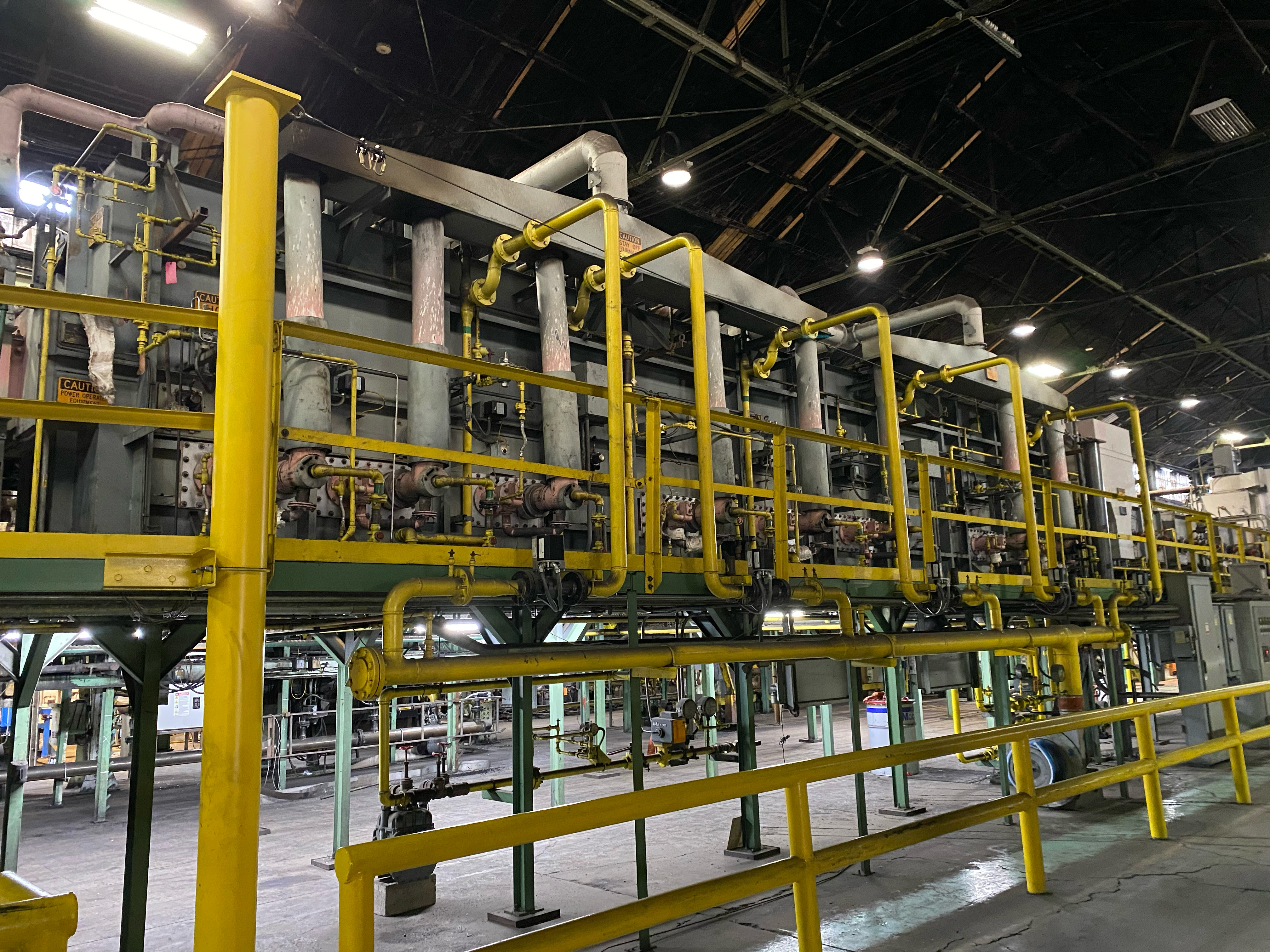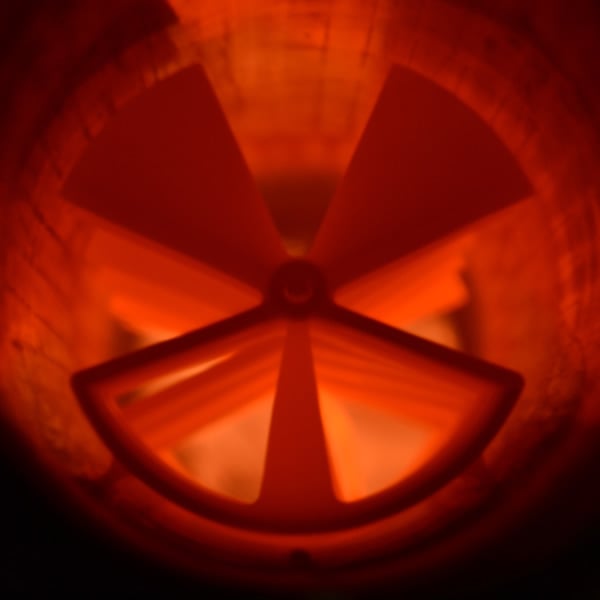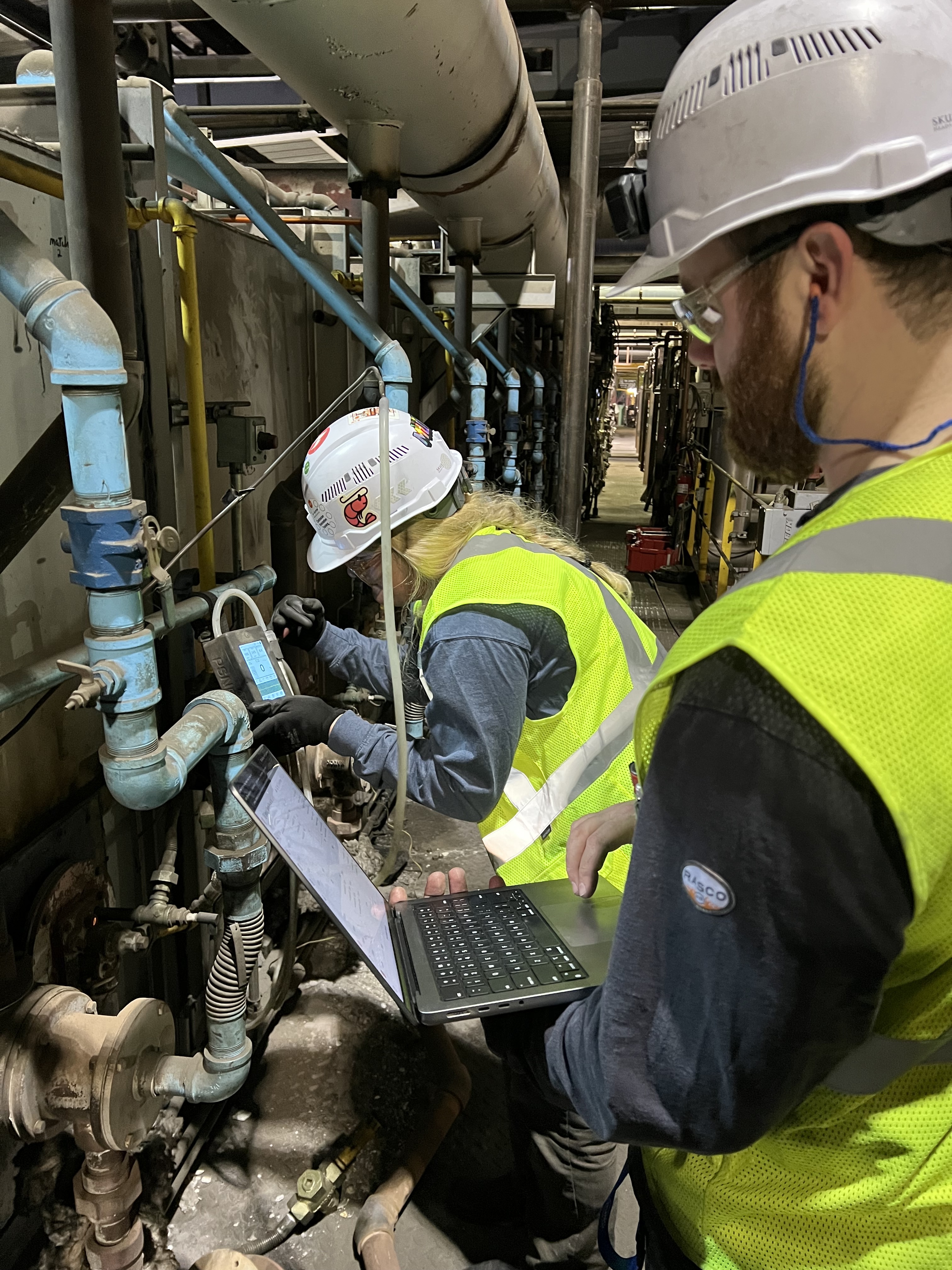Why Combustion Matters
Optimizing Furnace Performance to Improve Business Outcomes...
Combustion is at the core of metal processing, and yet its efficiency is often overlooked. For companies that rely on industrial furnaces, combustion performance isn't just a small detail, it's a key business driver. Monitoring and maintaining proper combustion will reduce emissions, cut energy costs, increase productivity, and enhance product quality. In other words, better combustion means better business.
A Heavyweight in Emissions
The iron and steel industry alone contributes roughly 24% of industrial CO2 emissions worldwide. In the United States, galvanizing lines have the capacity to produce 25 million tons of steel annually, requiring about 20 million MCF of natural gas. That translates to more than 2.3 billion dollars in gas purchases. However, less than half of that energy actually goes into heating the steel.
If It Goes through a Furnace, Combustion Matters
If your product passes through a furnace at any point in production, then combustion performance directly impacts your bottom line. Downtime from component failures, inconsistencies in product quality, missed ESG goals, and combustion inefficiencies create a ripple effect throughout the entire operation.
Simply put: Furnace Performance = Business Performance
Understanding Combustion
At its most basic, combustion is a chemical reaction. CH₄ (methane) + O₂ (oxygen) → CO₂ + H₂O + heat. While it looks straightforward, in reality, combustion involves a complex balance of air, fuel, and equipment conditions. Small deviations can lead to big consequences in energy usage, emissions output, and safety risks.
The Risks of Poor Combustion
When combustion is unoptimized, the impacts are widespread:
- Safety Risks: Incomplete combustion causes increased carbon buildup and higher emissions
- Production Delays: Inefficient heat delivery slows down production lines
- Cost Increases: Excess fuel use leads to high operating costs
- Quality Issues: Uneven heating can cause potential damage to the combustion system, the radiant tubes, and your product
These problems often go undetected until they cause measurable damage.
The Power of Measured Data
Monitoring data such as...
- Air:fuel ratio at the burner
- % excess oxygen
- Tuning date history
- Pressure
- Flow
...will give you the insight needed to maintain combustion control over time. Data allows for timely adjustments, ensuring furnaces stay in tune and efficient.
At PSNERGY, the belief is simple: Combustion Matters because everything depends on it. Whether the goal is reducing emissions or improving production reliability, it all starts with the heat.
If your facility relies on a furnace, your business performance hinges on how well that furnace performs. Optimizing combustion isn't just good practice, it's good business.
Reference: Hasanbeigi, A. and Springer, C. 2019. How Clean is the U.S. Steel Industry? An International Benchmarking of Energy and CO2 Intensities. San Francisco CA: Global Efficiency Intelligence.
 By
By


